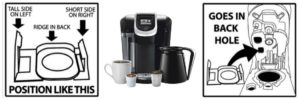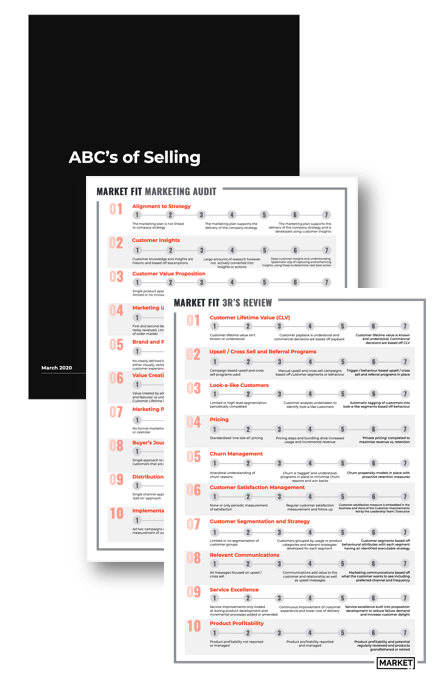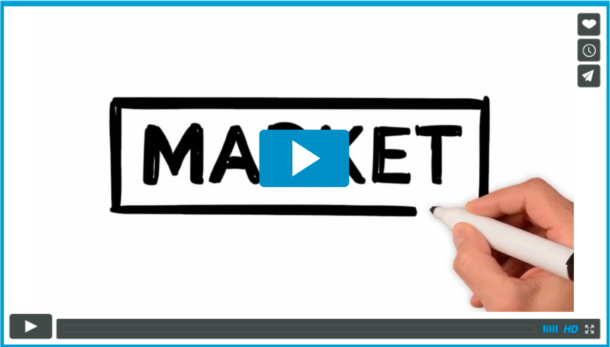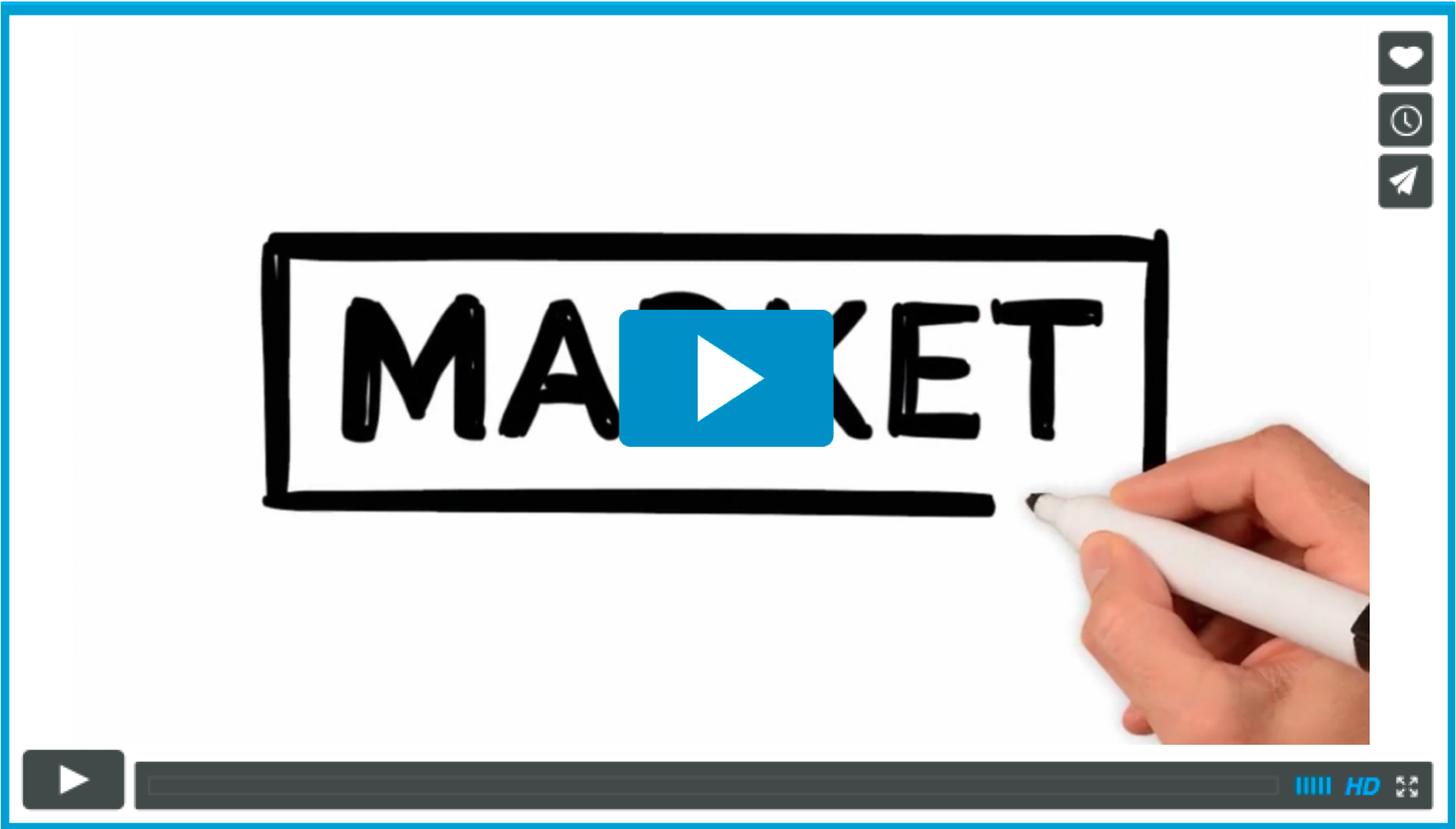There are a few articles floating around this week about the DRM (Digital Rights Management) Keruig have put on their new Keruig 2.0 coffee machines.
For those of you that don’t know what a Keruig coffee machine is think of it as a Nespresso machine where you insert a coffee pod into machine and it will make you a perfect cup of coffee. The main difference between the Keruig and Nespresso is the Keruig gives the taste of a filtered coffee while a Nespresso is an espresso coffee. Keruig is very big in North America where the majority of coffee consumed is filter coffee.
In the new machines Keruig have installed a sensor that will only brew coffee from official pods (DRM) and all 3rd party pods fail. I can completely understand how Keruig came to this decision.
- There are a lot of 3rd party coffee pods that are profiting from Keruig’s innovation
- Keruig sell the machines at a low margin or loss to drive penetration and make their profit from the ecosystem they have created
- The machine and pods is Keruig’s IP therefore they want to protect it
Lets examine a few of facts or issues that they have overlooked:
- They are annoying their customers by limiting choice. Customers will blame the Keruig machine and then Keruig brand for not allowing them to enjoy their choice of java
- Keruig tried to close the ecosystem after they opened it up, in the first version of the machine any pods were being able to be used and customers are use to that. This is a great way to disappoint their best value customers.
- Someone will always find a way to beat the system
- A better way to lock customers in is by offering a superior product at great value – why do you think you need to compete by putting artificial barriers up? Is your product really that bad.
Why are your customers really choosing someone else’s product?
There is a lot to like about Keruig coffee, starting with the customer insight that is focused on the different tastes of consumers in a household, so instead of making one giant pot of filter coffee that half of the household would be disappointed it is about brewing coffee that matches your individual taste with no wastage. Secondly the desire to create a business model that creates an annuity revenue stream and DRM’ing goods is not a new business idea and can be successful but in this instance there was already a big ecosystem for the 1.0 machines locking an open ecosystem. This will just annoy customers.
DRM Business Models
- Razor Blades: Gillett are the masters at this you purchase a cheap razor and handle and then you are locked into their blades
- Printers: The initial outlay for a printer is ridiculously cheap and then you are again locked into proprietary cartridges.
- Amazon Books: These are a proprietary format however, there are many applications now available that will remove the DRM
- Apple: Apple recently won a class action relating to the early edition Ipods that were removing or disabling non iTunes purchased music.
To finish I would like to share with you a thought from Peter Thiel the author of Zero to One, if you are going to create a monopoly or use propriety innovation make sure your solution’s 10x better than the competition. Sadly for Keruig they haven’t created a coffee business that is 10x better than the competition therefore it won’t end well.






